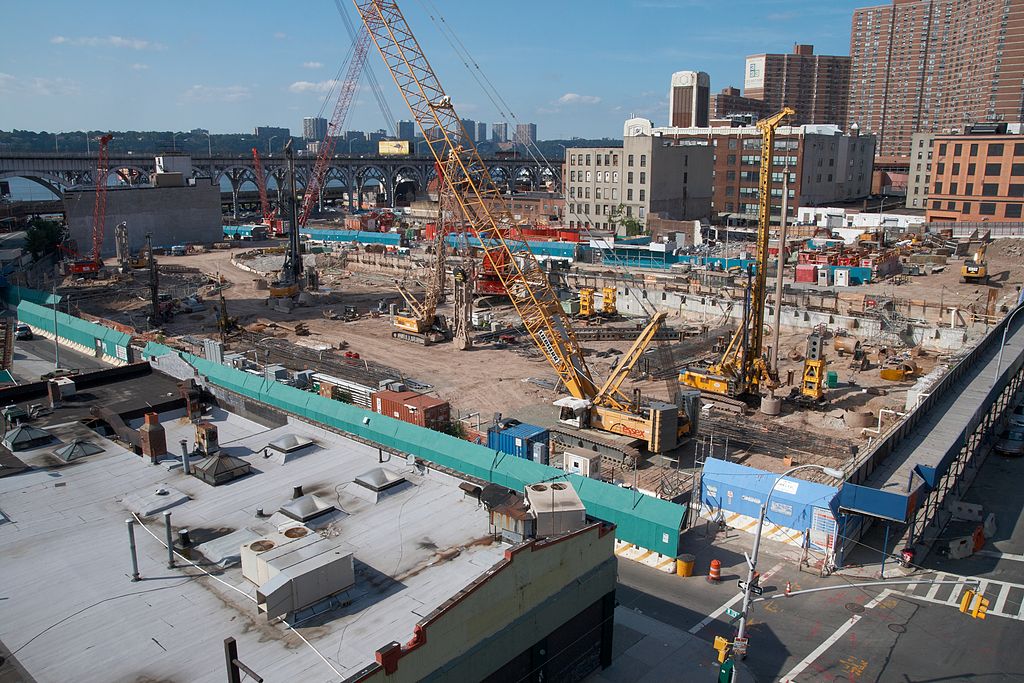Views expressed in opinion columns are the author’s own.
Last week, Sen. Cory Booker (D-N.J.) announced the Federal Jobs Guarantee Development Act, which would offer funding to up to 15 localities to create a pilot program guaranteeing every adult a job making at least $15 an hour. The program would enact a proposal made by economists to provide universal employment for both individual and national well-being. Guaranteed jobs are a critical policy step, both in the fight against economic injustice and market crisis.
Currently and historically, capitalism does not work for everyone. Perhaps the most central idea of the American myth is that individual hard work will guarantee financial success. But the data tells a much different story. Our economic outcomes are deeply imbalanced along demographic lines — and the injustice is no coincidence.
[Read more: UMD’s faith in innovation has driven away the Goatman]
Today, unemployment is higher in the black community than it is for white people, and for every $100 in family wealth for whites, black families hold just $5.04. In addition, less than 30 percent of working-age people with disabilities are employed. A guaranteed jobs program would end unemployment, an especially important change for the historically disenfranchised.
This program would not just benefit some of us, though — it would help everyone. The government’s current response plan to economic recession is far from adequate. Lowering interest rates and cutting taxes does not work fast enough or directly enough. After the 2008 recession, it took nearly 10 years to reach normal unemployment rates, which, as Vox writer Dylan Matthews puts it, resulted in “years of human misery and lost wage gains that a healthier and faster recovery could’ve delivered.” Guaranteed employment would keep workers out of poverty, even when markets shift.
Not only would the policy protect vulnerable workers, it would also benefit the nation at large. In the 1930s, the Works Progress Administration and Civilian Conservation Corps created jobs through public works projects. While these New Deal programs helped a great many people during the Great Depression, it bears mentioning that they were not a path to employment for everyone — just white people, primarily. If we bring back jobs that help workers and society, this time we must include everyone.
[Read more: Amazon is an immoral company. It has no place in College Park.]
These guaranteed jobs have incredible potential to improve people’s lives. Some academics have called for a “Green New Deal” to transition our economy away from fossil fuels and cut emissions. With more employees, we could also provide quality child care and elder care. The American Society of Civil Engineers gave our nation’s infrastructure a grade of D+, but we could put people to work improving bridges, roads, power grids and more. These projects, and many others, could mean a better life for the workers they’d employ and the citizens they’d help.
When Cory Booker proposed his jobs bill, he was taking part in a long tradition. Jobs have always played a prominent role in political rhetoric; the promise of jobs has become a vague but ever-present pillar of presidential campaigning. Yet the cycle of crisis that is endemic to capitalism continues to play out again and again, while the poorest among us suffer. The truth is that we need policy to guarantee jobs, not just empty promises. Booker’s bill could help us transform our economy to work against inequality instead of deepening it.
Jack Lewis is a senior government and politics major. He can be reached at jlewis20@umd.edu



